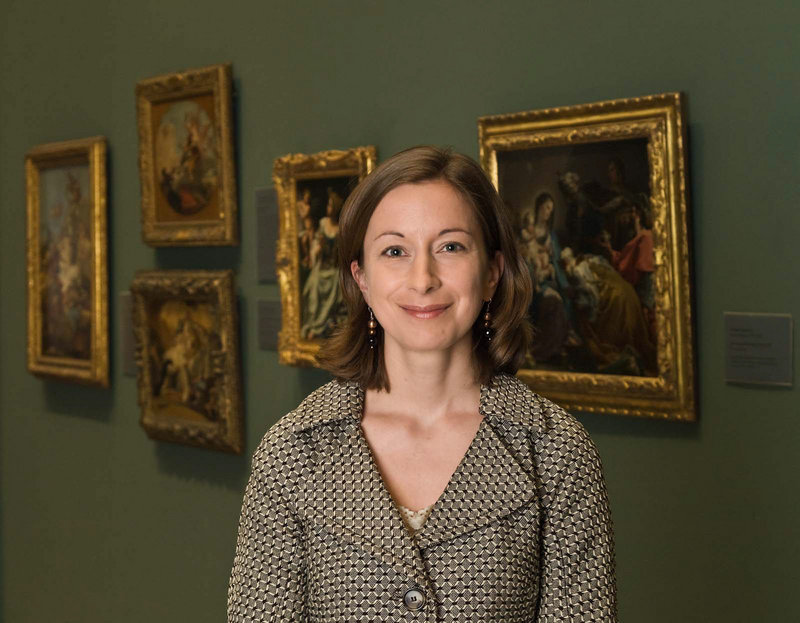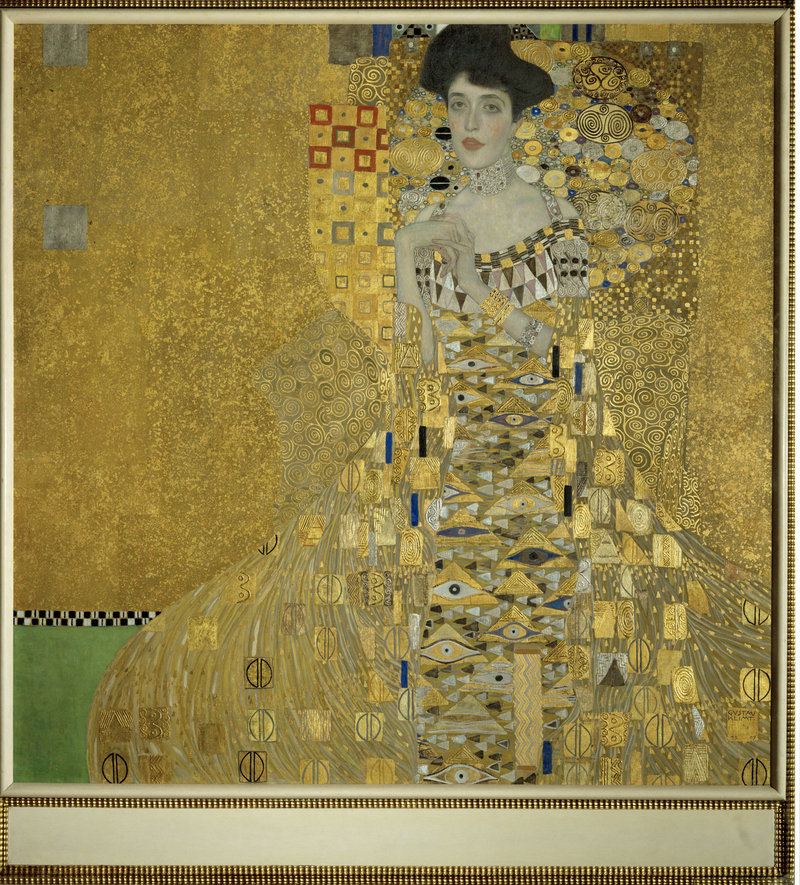Victoria Reed always imagined herself in the studio making art. The daughter of the late photographer Verner Reed of Falmouth, she went to Portland regularly to take classes at the Portland School of Art, now the Maine College of Art.
She enrolled at the Haystack Mountain School of Craft during her high school years, and excelled at Waynflete School in Portland in any classes that involved art or art making.
But it wasn’t until college that Reed developed a deep and abiding love affair with art history.
These days, Reed is curator for provenance at the Museum of Fine Arts in Boston. She is responsible for the research and documentation of the history of ownership of the vast collection.
She will be in Portland today to speak to audiences at the Maine Jewish Film Festival, which will show “Stealing Klimt,” an English documentary that recounts the decades-long struggle of Maria Altmann to recover five Gustav Klimt paintings that were stolen from her family by the Nazis in 1938.
Reed had nothing to do with the movie or the case, but plans to talk about her role at the Museum of Fine Arts and what American museums are doing about works of art that were looted or displaced during World War II and the years leading up to it.
“I was trained as an art historian, but I never envisioned I would be doing this with my life,” said Reed. “I knew I would be working in museums and loved doing research, but I had no idea. This wasn’t even a career path that existed before the late 1990s or early 2000s.”
Reed began her career at the museum in 2003 as a research fellow in the Art of Europe department. She was named assistant curator for provenance in 2008, and became curator in 2010.
Before working at the museum, she was a curatorial research assistant at Princeton University Art Museum and an intern and research assistant at the Metropolitan Museum of Art in New York. She completed her undergraduate work at Sarah Lawrence College in New York and earned master’s and doctoral degrees in art history from Rutgers in New Jersey.
At the museum in Boston, Reed has overseen the resolution of several World War II and Nazi-era claims, including the return of a 14th-century embroidered panel to Italy in 2010.
Last year, Reed did the research that led to a financial settlement over a Dutch painting that has been in the museum’s collection since 1941.
“We paid the claimants a certain amount of money to retain the painting. It had belonged to a persecuted Jewish art dealer in the 1930s, but there was a big gap. We did not know where it was from 1936 to 1941, when we bought it in New York with no provenance. How do you deal with the gap? How do you deal with that uncertainty?”
The answer: by using modern-day research tools. Her job involves a lot of sleuthing, which means a fair amount of travel, a lot of time in libraries and the exercise of her expertise.
“You look at circumstantial evidence. We do not know what happened to that painting, but we know what happened to the dealer. It is very unlikely he gave up the painting willingly. Racial persecution was probably inextricable from the equation,” she said.
Kari Wagner-Peck, executive and artistic director of the Maine Jewish Film Festival, said she invited Reed to speak in association with “Stealing Klimt” because the subject is so fascinating.
“I think the movie does a great job showing to what length people have to go to recover art that was stolen during the Holocaust,” she said. “Even though Victoria wasn’t involved in that case, you need people like her to protect these families, whatever the situation was, whether it was randomly stolen or taken by the Nazis. We must rely on art detectives to authenticate where art comes from, and that’s what Victoria does.”
Staff Writer Bob Keyes can be contacted at 791-6457 or at: bkeyes@pressherald.com
Twitter: pphbkeyes
Send questions/comments to the editors.




